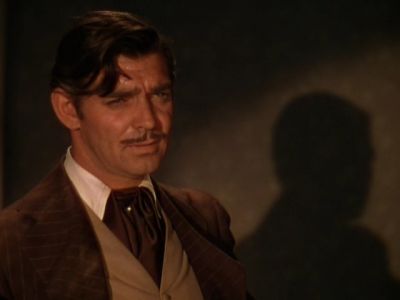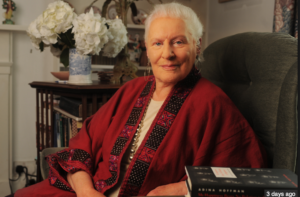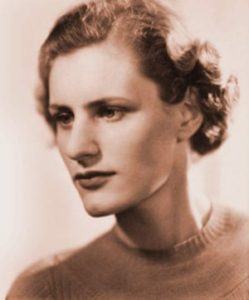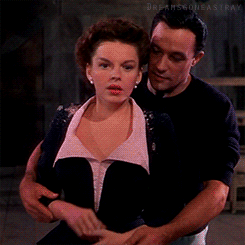 This is a real, not disingenuous question: What are the qualities traditionally associated with masculinity that are undeniably constructive? Toxic masculinity is finally being called out. (To the astrologists among us, this may be a result of hyper-masculine Aries being in Uranus, the shit-stirrer, for the last seven years.) But it makes me realize that we’ve been in a “boy, not man” moment for a while. Insensitivity, acquisitiveness, hyper-aggression, and stunted entitlement have continued to reign supreme–namely the negative, unevolved traits associated with masculinity. But rare are the the self-sufficiency, determination, solicitousness, and impeccability by one’s word that once were associated with “real men.” Or were they?
This is a real, not disingenuous question: What are the qualities traditionally associated with masculinity that are undeniably constructive? Toxic masculinity is finally being called out. (To the astrologists among us, this may be a result of hyper-masculine Aries being in Uranus, the shit-stirrer, for the last seven years.) But it makes me realize that we’ve been in a “boy, not man” moment for a while. Insensitivity, acquisitiveness, hyper-aggression, and stunted entitlement have continued to reign supreme–namely the negative, unevolved traits associated with masculinity. But rare are the the self-sufficiency, determination, solicitousness, and impeccability by one’s word that once were associated with “real men.” Or were they?
Given that every balanced person channels both feminine and masculine energy (gender restrictions being a plague across the board), what are the qualities associated with masculinity that we need to cultivate personally and collectively, regardless of our gender presentation? Goddess knows I had to find my inner butch once I was on my own and had to set up computers and wi-fi, fix radiators and toilets, even build shelves. Only then did I realize that I’d always expected 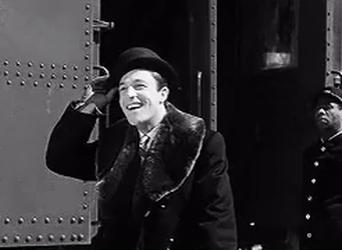 people who identified as male and/or masculine to do such things. Now I am working mightily to channel more positive masculinity in myself and in my friends, lovers, community–more “make it happen, captain” Jupiter energy. Because I’ve gone as far as I can with radical receptivity and swallowed as much toxic masculinity as I ever want to swallow (pun intended, always). It’s time to integrate powerful, positive proactivity–bold and well-intentioned “asks”–into the protocol. But first I have to figure out what divine masculinity actually is. And must personality traits be gendered at all? It’s a clusterfuck of questions, but one I feel compelled to tackle. With healing Chiron in Aries and contemplative Mercury Retrograde in Pisces, it’s the time to do so and please chime in. It’s all about the yin and yang, baby.
people who identified as male and/or masculine to do such things. Now I am working mightily to channel more positive masculinity in myself and in my friends, lovers, community–more “make it happen, captain” Jupiter energy. Because I’ve gone as far as I can with radical receptivity and swallowed as much toxic masculinity as I ever want to swallow (pun intended, always). It’s time to integrate powerful, positive proactivity–bold and well-intentioned “asks”–into the protocol. But first I have to figure out what divine masculinity actually is. And must personality traits be gendered at all? It’s a clusterfuck of questions, but one I feel compelled to tackle. With healing Chiron in Aries and contemplative Mercury Retrograde in Pisces, it’s the time to do so and please chime in. It’s all about the yin and yang, baby.

